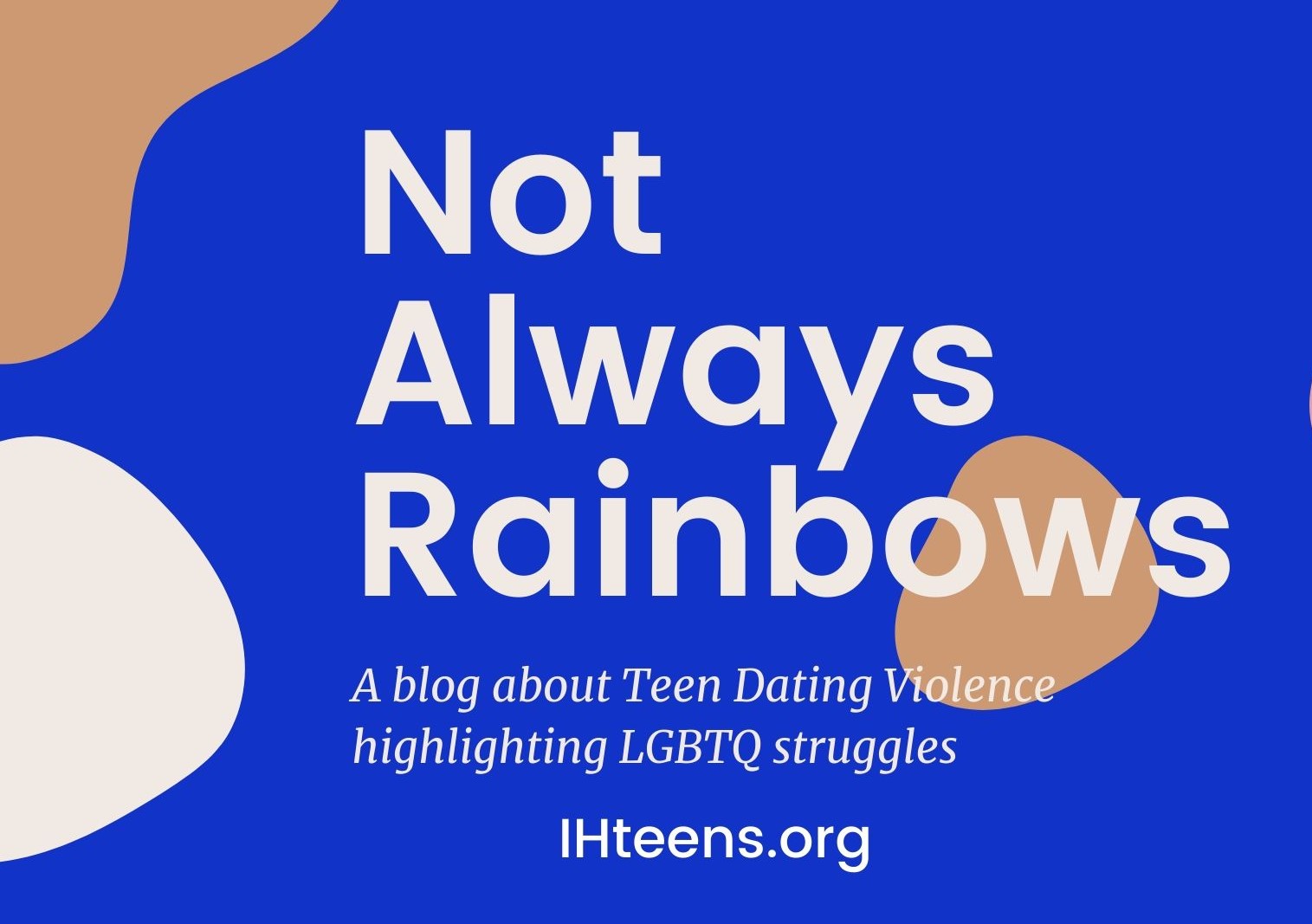You claimed to love me.
But did you really?
Is it really love if you make me feel worthless?
Is it really love if you tell me I will never succeed?
Is it really love if you so easily left when I clearly needed you most?
You claimed to love me.
But did you really?
Is it really love if I spend more time worrying about your reactions than myself?
Is it really love if I’m too intimidated to make decisions?
Is it really love if I’m in fear for my own life?
You claimed to love me.
But did you really?
Is it really love if your incessant need for control clouds my judgement?
Is it really love if you make me feel crazy?
Is it really love if you force me to do things against my will?
You claimed to love me.
But did you really?
Is it really love if I feel defeated?
Is it really love if I would rather die than spend one more second with you?
Is it really love if I want to die?
You claimed to love me.
But did you really?
I loved myself enough to walk away.
— Anonymous
Hello all!
As the winter chill seems to finally be settling, I just wanted to take a few minutes and talk about what this upcoming month means for me as a counselor here at Independence House. As you might not already know, February is Teen Dating Violence Awareness Month. We as a society know that domestic and sexual violence, also called intimate partner violence (IPV), is a huge health and well being concern for people of all ages, genders, socioeconomic classes, and sexual orientations. Nationally, one in three women and one in four men are victims of IPV at some point in their lives [i]. That being said, I’d like to talk a little more about the struggles that LGBTQ+ folks might encounter with intimate partner violence.
For LGBTQ+ identifying individuals, IPV can look like your partner trying to “out” your sexual orientation or gender identity to your family, friends, co-workers, religious affiliates, and/or community resources. It can also look like isolation, intimidation, or coercion. Your partner may use homophobic language or comments as ways to control or manipulate situations. This can be done physically, sexually, emotionally, verbally, or financially.
People may not feel comfortable reaching out for help for many reasons, including a fear of not being believed, fear of losing their community, fear of retaliation or harassment, good intentions, or feeling ashamed or embarrassed regarding their experience. Below is a power and control wheel [ii] which can be used to help identify other ways partners or other loved ones may try to exert their power over LGBTQ+ identifying folks.
If any of the above resonates with you or someone you know, please find a safe person to talk to. Everyone deserves the right to a safe and violence-free life.
Resources:
Independence House teen chat – 508-375-5144
The Trevor Project – Trevor Lifeline – for suicidal LGBTQ youth 1-866-488-7836
The Network/La Red – Supporting LGBTQ, SM, and polyamorous communities 800-832-1901
References:
i https://www.thehotline.org/resources/statistics/
ii http://www.thehotline.org/wp-content/uploads/sites/3/2015/01/LGBT-Wheel.pdf


